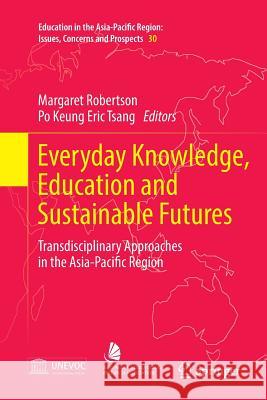Everyday Knowledge, Education and Sustainable Futures: Transdisciplinary Approaches in the Asia-Pacific Region » książka
topmenu
Everyday Knowledge, Education and Sustainable Futures: Transdisciplinary Approaches in the Asia-Pacific Region
ISBN-13: 9789811091070 / Angielski / Miękka / 2018 / 265 str.
Everyday Knowledge, Education and Sustainable Futures: Transdisciplinary Approaches in the Asia-Pacific Region
ISBN-13: 9789811091070 / Angielski / Miękka / 2018 / 265 str.
cena 402,53
(netto: 383,36 VAT: 5%)
Najniższa cena z 30 dni: 385,52
(netto: 383,36 VAT: 5%)
Najniższa cena z 30 dni: 385,52
Termin realizacji zamówienia:
ok. 16-18 dni roboczych.
ok. 16-18 dni roboczych.
Darmowa dostawa!
Kategorie:
Kategorie BISAC:
Wydawca:
Springer
Seria wydawnicza:
Język:
Angielski
ISBN-13:
9789811091070
Rok wydania:
2018
Wydanie:
Softcover Repri
Ilość stron:
265
Waga:
0.41 kg
Wymiary:
23.39 x 15.6 x 1.52
Oprawa:
Miękka
Wolumenów:
01











